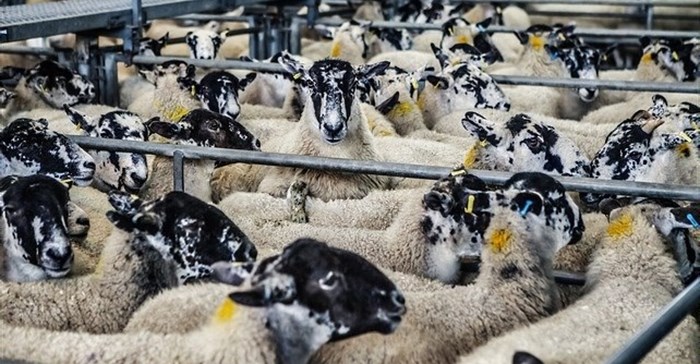South Africa closes door on Namibian livestock

The new import regulations for the export of cattle, sheep and goats from Namibia, Botswana, Lesotho, and Swaziland, according to the South African Government Gazette No. 714, is aimed at protecting that country's animal health status.
The new regulations, effective from 1 July, involve strict animal health testing, and will basically close the door on imports from Namibia. Chief veterinary officer Milton Maseke said Namibia exports on average around 250,000 weaners and an equal number of goats and fat-tailed sheep to neighboring South Africa.
The new SA conditions will result in extra testing and quarantines for the animals, resulting in fewer animals becoming eligible for export. "From our previous experience, we are only able to certify 10% of the animals under these conditions," the veterinarian said, adding that this would mean more animals will remain in Namibia. This will increase the pressure on scarce resources such as grazing due to the drought and lack of marketing options for producers, thereby reducing their income.
He said the Department of Veterinary Services in its efforts to mitigate the impact on Namibian livestock producers will meet to strategise how the limited certification can equitably be made available to producers to ensure that at least some animals continue to be exported to South Africa. Maseke could not comment at this stage on what Namibia's response will be on the finality of the consultations with South Africa.
Anja Boshoff of the Meat Board echoed similar sentiments that the new regulations will delay animal exports to SA and increase costs to the producer to have their livestock exported. "It will mean extra vaccination and national identification tagging. Planning will be difficult with the animal health testing as our country does not have many veterinarians," she added.
However, Boshoff urged producers not to panic, saying there is still another ongoing negotiation on the export of slaughter stock, which could result in favourable regulations for exportation to South Africa.
She, however, acknowledged that the latter negotiations have lost momentum, adding that she could thus not say when it would resume and be concluded. Boshoff thus advised the producers to be prepared to comply with the new regulations, saying veterinary services is busy finalising a protocol to prepare for animal exports to South Africa.
Source: allAfrica

AllAfrica is a voice of, by and about Africa - aggregating, producing and distributing 2000 news and information items daily from over 130 African news organisations and our own reporters to an African and global public. We operate from Cape Town, Dakar, Lagos, Monrovia, Nairobi and Washington DC.
Go to: http://allafrica.com/
























